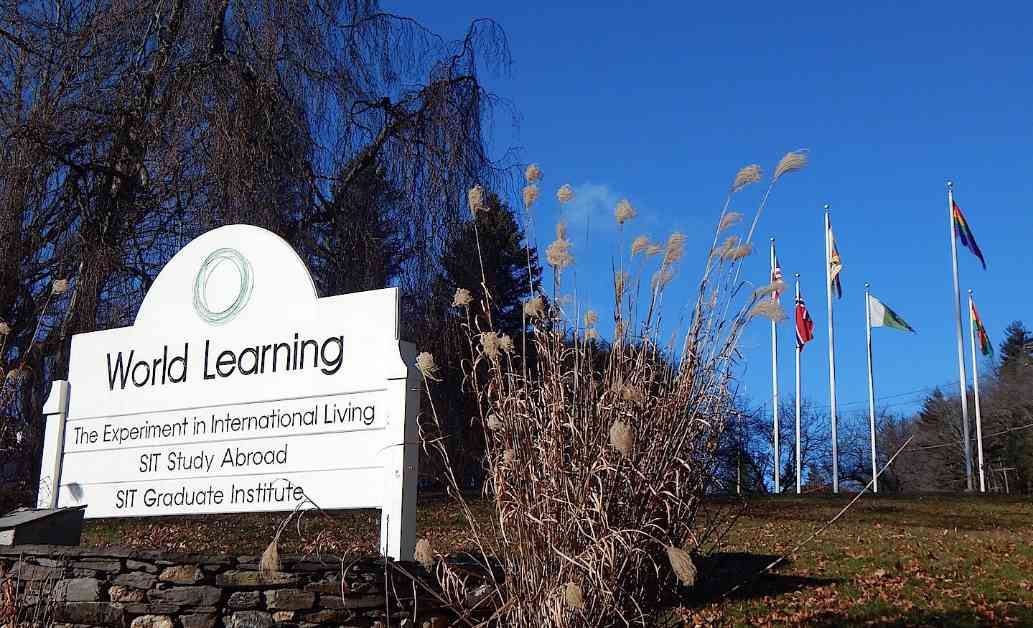The recent decision by the Trump administration to freeze U.S. Agency for International Development (USAID) programs is having a profound impact on Vermont nonprofits and businesses. This freeze is halting funding for crucial global development efforts, affecting organizations that provide essential services such as health care, disaster relief, and economic support in over 130 countries. Vermont, home to a number of organizations deeply involved in international aid work, is feeling the repercussions of this sudden and unexpected move.
Implications for Vermont Nonprofits
One such organization is the School for International Training, a part of World Learning that encompasses the SIT Graduate Institute and SIT Study Abroad. The freeze on USAID funding threatens the important work of these nonprofits and the impact could be significant. Former Burlington Mayor Peter Clavelle, who has extensive experience in international development, has voiced concerns about the far-reaching effects of this decision. Clavelle highlights the potential loss of jobs, careers, and even lives that could result from the freeze on funding. Organizations like Tetra Tech/ARD, which has a history of working with USAID, are now faced with uncertainty as their programs are abruptly shut down.
Response from Vermont Leaders
U.S. Sen. Peter Welch, D-Vt., has been vocal in his condemnation of the funding freeze, emphasizing the disruption it is causing to Vermont-based organizations that rely on USAID support. Welch points out the immediate impact on nonprofit organizations, contractors, and higher education institutions in the state. Organizations like TetraTech/ARD, World Learning, and the Vermont Afghan Alliance are facing the sudden halt of programs and layoffs, leaving many employees stranded overseas without resources to return home. Welch denounces the actions of President Trump and Elon Musk in dismantling the agency, calling it illegal and devastating to institutions with a long history of global aid work.
This decision has sparked outrage and concern among Vermont leaders and the community at large. Vermont Attorney General Charity Clark is currently reviewing the legality of the freeze and considering potential legal action. The implications of this decision extend far beyond Vermont, impacting organizations and individuals around the world who rely on USAID funding for critical assistance.
The freeze on USAID funding is not just a bureaucratic decision; it is a matter of life and death for many people who depend on the support provided by these programs. As the situation continues to unfold, the future remains uncertain for Vermont nonprofits and the communities they serve. The ramifications of this decision will be felt for years to come, underscoring the importance of international aid and cooperation in addressing global challenges.









